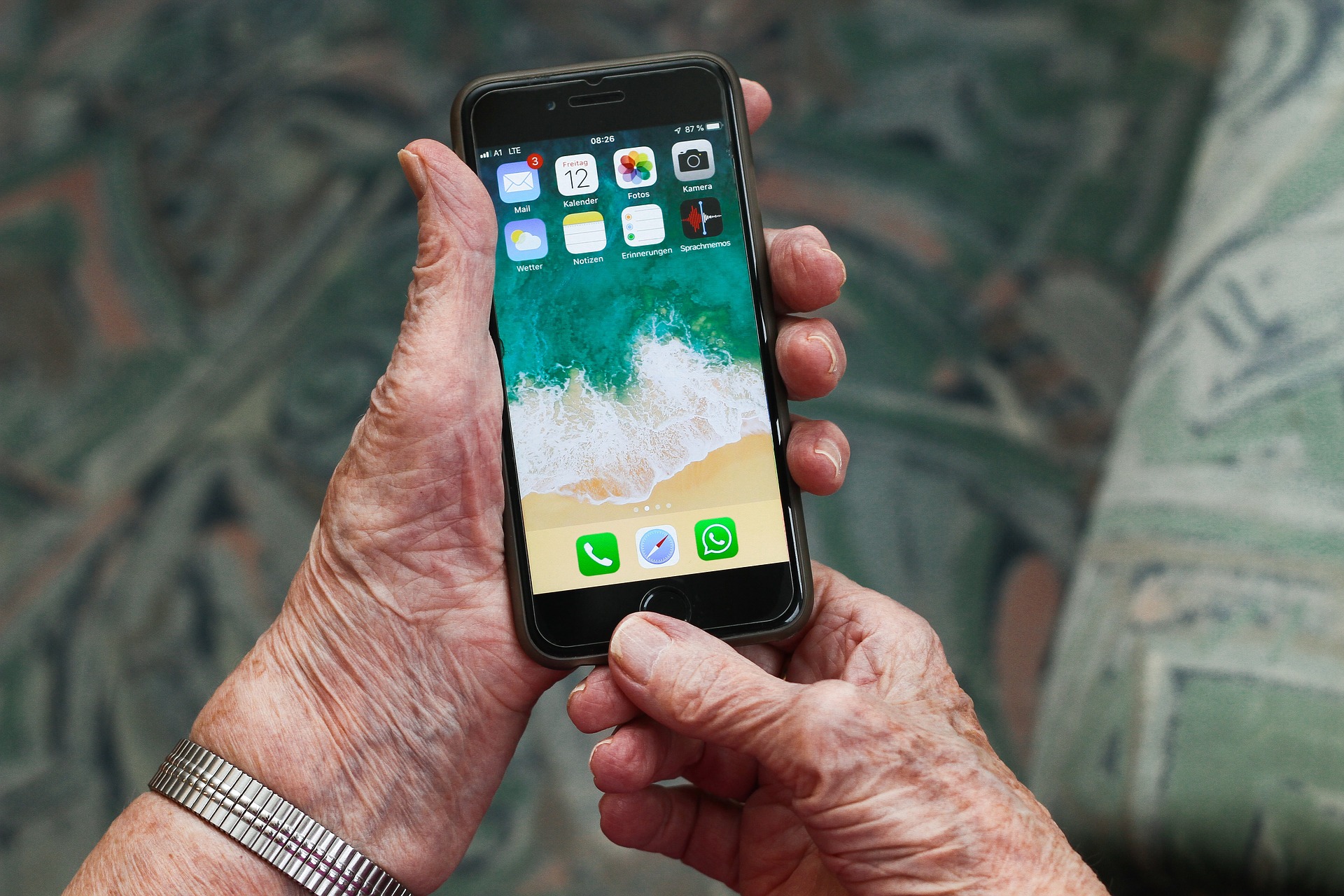News release
From:
Smartphone technology may help people with dementia remember daily tasks
Results from a new study published in Journal of the American Geriatrics Society show that older adults with mild dementia can learn to use smartphone memory aids to help them remember to complete everyday tasks that are important to their quality of life.
In the study, 52 older adults with mild cognitive impairment or mild dementia were coached on how to use a digital voice recorder app or a reminder app.
After a four-week intervention, participants reported improvements in performing daily intentions. They also performed relatively well when the investigators assigned them with tasks, with performance levels favoring the reminder app in week 1, but reversing to favor the digital voice recorder app in week 4. Greater usage of the digital recorder or reminder apps was associated with better memory and greater improvements in activities of daily living.
The study’s authors note that smartphone aids are free and broadly available and should be shared with patients and caregivers to support quality of life and independent functioning.
“There is this pervasive notion that older adults dislike technology, but we found that participants enjoyed learning to use smartphone memory apps and were able to improve their daily prospective memory performance,” said lead author Michael K. Scullin, PhD, of Baylor University. “Technology companies have an opportunity to improve broad adoption of smartphone memory aids in older adults and persons with mild stages of Alzheimer’s disease by tailoring the interface and user experience of their reminder apps to this demographic and by incorporating age diversity into their marketing campaigns. With the help of smart technology companies, we can make great headway on improving functioning and quality of life for families impacted by Alzheimer’s disease and related dementias.”



 International
International



